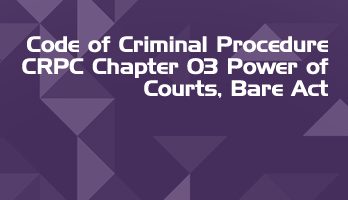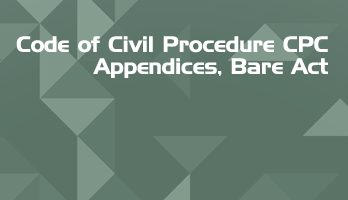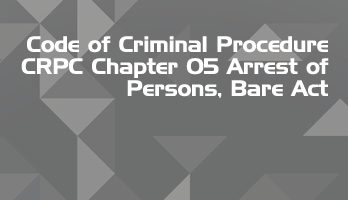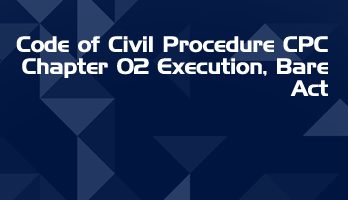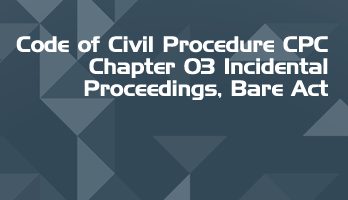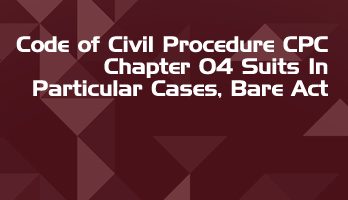A 'Bare act' is the actual legislation passed by the Parliament of India. Generally, an act sets out the high level legal and policy principles applicable to the subject matter of the law.
Most acts are accompanied by 'subsidiary legislation' such as rules, regulations, notifications and orders; which address the actual implementation detail of the act.
Free Full Course Available on LawMint's YouTube Channel
How to Land Your Dream LLB Internship in a Top Law Firm
- Part 1 - Introduction
- Part 2 - Internship Planning
- Part 3 - Internship Research
- Part 4 - Building Your Profile
- Part 5 - The Email
- Part 6 - The Resume
- Part 7 - The Cover Letter
- Part 8 - The Interview
- Part 9 - Self Development
Practical and comprehensive course, with real examples and step-by-step analysis of the complete internship application process. Check out LawMint's YouTube channel now!
Code of Criminal Procedure, 1973
Chapter 11 – Preventive Action Of The Police
Section 149 – Police to prevent cognizable offences
Every police officer may interpose for the purpose of preventing, and shall, to the best of his ability, prevent, the commission of any cognizable offence.
Section 150 – Information of design to commit cognizable offences
Every police officer receiving information of a design to commit any cognizable offence shall communicate such information to the police officer to whom he is subordinate, and to any other officer whose duty it is to prevent or take cognizance of the commission of any such offence.
Section 151 – Arrest to prevent the commission of cognizable offences
- A police officer knowing of a design to commit any cognizable offence may arrest, without orders from a Magistrate and without a warrant, the person so designing, if it appears to such officer that the commission of the offence cannot be otherwise prevented.
- No person arrested under Sub – Section (1) shall be detained in custody for a period exceeding twenty – four hours from the time of his arrest unless his further detention is required or authorised under any other provisions of this Code or of any other law for the time being in force.
Section 152 – Prevention of injury to public property
A police officer may of his own authority interpose to prevent any injury attempted to be committed in his view to any public property, movable or immovable, or the removal or injury of any public landmark or buoy or other mark used for navigation.
Section 153 – Inspection of weights and measures
- Any officer in charge of a police station may, without a warrant, enter any place within the limits of such station for the purpose of inspecting or searching for any weights or measures or instruments for weighing, used or kept therein, whenever he has reason to believe that there are in such place any weights, measures or instruments for weighing which are false.
- If he finds in such place any weights, measures or instruments for weighing which are false, he may seize the same, and shall forthwith give information of such seizure to a Magistrate having jurisdiction.
Important Central Acts in Regional Languages
Legislative department website also features regional language versions of several important Central Acts.
Free Full Course Available on LawMint's YouTube Channel
How to Land Your Dream LLB Internship in a Top Law Firm
- Part 1 - Introduction
- Part 2 - Internship Planning
- Part 3 - Internship Research
- Part 4 - Building Your Profile
- Part 5 - The Email
- Part 6 - The Resume
- Part 7 - The Cover Letter
- Part 8 - The Interview
- Part 9 - Self Development
Practical and comprehensive course, with real examples and step-by-step analysis of the complete internship application process. Check out LawMint's YouTube channel now!





